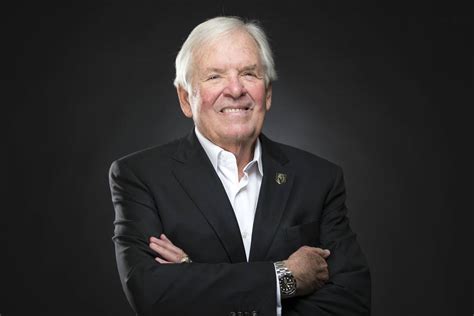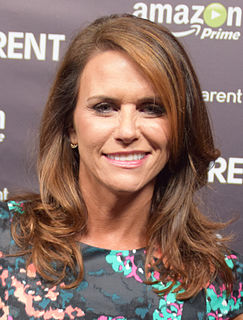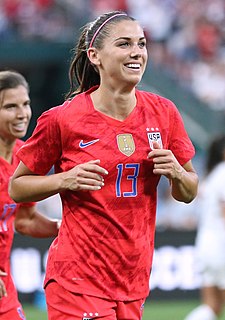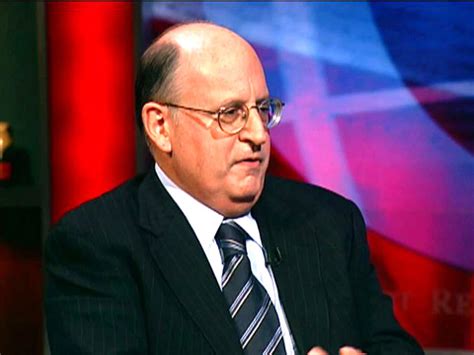A Quote by Mark Cuban
I think that any reporter or columnist will be a little more careful when doing interviews with me.
Related Quotes
I think being a little older and a little more determined and being a little more evolved in my case and maturity in the kind of music I was doing and how I was doing it really helped to keep me grounded and with an audience that could appreciate what I was doing, who grew with me and evolved with me and kept me alive and around.
As a reporter, you know the tropes of how stories on poverty work in any country. A reporter will go to an NGO and say, "Tell me about the good work that you're doing and introduce me to the poor people who represent the kind of help you give." It serves to streamline the storytelling, but it gives you a lopsided cosmos in which almost every poor person you read about is involved with a NGO helping him. Our understanding of poverty and how people escape from poverty, in any country, is quite distorted.
In 2014, I knew my English was not so bad, but I had no confidence in talking directly to an English-speaking reporter. I had to do a short interview with, I think, Reuters from France. I was so nervous. I practiced memorizing three sentences for two hours. But, I think that these kinds of interviews make me develop a lot, and that helps me.
Life is challenging. I wish I could tell you that you’ll always be on top of the mountain, but the reality is that there are days when nothing will go right, when not only will you not be on top, you may not even be able to figure out which way is up. Do yourself a favor, and don’t make it any harder than it has to be. In those moments, be careful how you speak to yourself; be careful how you think of yourself; be careful how you conduct yourself; be careful how you develop yourself.
I have concluded through careful empirical analysis and much thought that somebody is looking out for me, keeping track of what I think about things, forgiving me when I do less than I ought. Giving me strength to shoot for more than I think I’m capable of. I believe they know everything that I do and think, and they still love me, and I’ve concluded, after careful consideration, that this person keeping score is me.




































